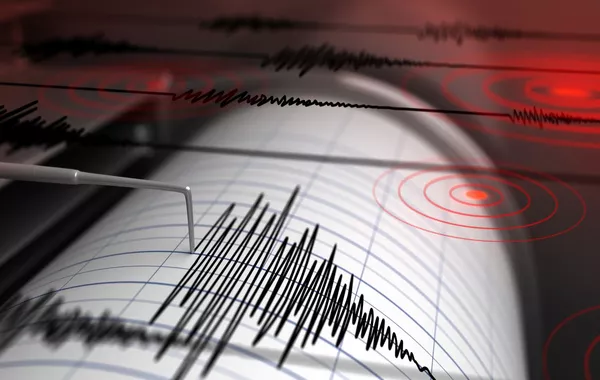
Photo credit: Canva
A conference was held in Dushanbe to commemorate World Press Freedom Day, observed annually on May 3. Although Tajikistan saw a slight improvement in the 2025 Press Freedom Index, international observers remain skeptical about any real progress in the country’s media environment, The Caspian Post reports citing The Times of Central Asia.
Official ratings vs. real-world conditions
The event was organized by the media unit of the OSCE Office of Programs in Tajikistan, with support from Internews, the EU Delegation, and the embassies of Germany, France, and the United Kingdom. Discussions focused on the state of free speech, prospects for sustainable media development, and the role of women in journalism.
According to Reporters Without Borders, Tajikistan ranked 153rd out of 180 countries in 2025, an improvement of two places from the previous year. However, Nuriddin Karshiboev, chairman of the National Association of Independent Media of Tajikistan (NAIMT), argued that the ranking does not reflect the lived reality.
“The reality is different. The situation with freedom of expression and freedom of the press remains tense due to the prosecution of journalists, pressure on their relatives, self-censorship, and other factors,” he said.
Karshiboev also criticized the ineffectiveness of existing mechanisms to protect journalists and a lack of understanding among some international media-support organizations.
Freedom of speech is a right, not a privilege
EU Ambassador to Tajikistan Raimundas Karoblis emphasized that journalism should never be grounds for intimidation or imprisonment.
“No journalist should be subjected to intimidation or imprisonment for doing their job,” he told forum participants.
Karoblis underlined that freedom of expression is not a political stance or cultural nuance, but a universally recognized right.
“Freedom of expression in the media is a right, not a crime. The European Union’s protection of media freedom is not an external imposition. It is not a ‘European or Western value’ that can be exported or imposed, it is a universal human right recognized by all who believe in justice, dignity, and responsibility,” he said.
He added that independent media do not threaten social stability but rather form its cornerstone.
“Dynamic, independent media are not a threat to stability. They are the foundation of peace, democratic and economic progress,” Karoblis said, reaffirming the EU’s commitment to supporting journalists in Tajikistan and globally.
High-profile cases against journalists
In February 2025, Reporters Without Borders published a report highlighting increased repression of media figures in Tajikistan. One of the most notable cases involved freelance journalist Rukhshona Khakimova, who was sentenced to eight years in prison for treason following a closed trial. Her alleged offense was writing an analytical article on Chinese influence in Tajikistan. Khakimova is also the niece of an opposition politician sentenced to 18 years for an alleged coup attempt.
Another case involved Ahmad Ibrohim, editor-in-chief of the weekly Payk, who was arrested in August 2024 on charges of corruption, extortion, and extremism. His trial was also held behind closed doors. According to media reports, the case was triggered by an officer from the State Security Committee demanding a bribe in exchange for renewing the paper’s state registration. Despite prosecution witnesses failing to confirm his guilt, Ibrohim received a 10-year sentence.
Human rights advocates note a new wave of pressure on independent media since late 2022, with several journalists convicted in opaque trials. As of publication, nine journalists are reportedly imprisoned, more than in any other Central Asian country.
Rights organizations stress that despite marginal gains in international rankings, the press situation in Tajikistan continues to deteriorate. The international community has called for the immediate release of imprisoned journalists and an end to the pressure on independent media.
Share on social media
